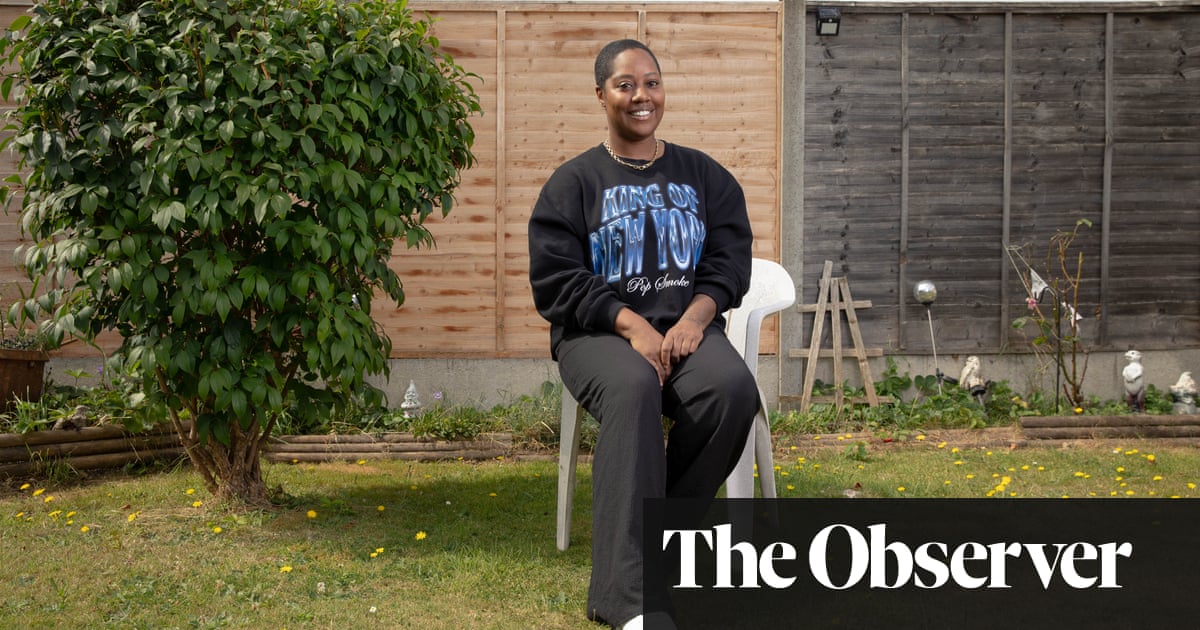- cross-posted to:
- [email protected]
- cross-posted to:
- [email protected]
Some do it to explore their ancestral heritage or an unknown part of their identity. Others are hoping to find parents, siblings and new relatives.
More than 40 million people worldwide are thought to have tested their DNA ancestry via companies such as Ancestry, 23andMe and MyHeritage since the first genetic genealogy test was offered to the public in 2000.
Now, people are using their test results in a new way – to apply for citizenship in other countries, DNA experts say.
Prof Turi King, director of the Milner Centre for Evolution at Bath University, said: “The more people take tests and the more people find out their ancestry and who their biological parents are, the more they can use that evidence to get citizenship of a particular country.”
King, who also presents the BBC show DNA Family Secrets, thinks ancestry DNA testing will become an easy and more widespread way for some Britons to gain dual citizenship in the future. “This will only grow,” she said.



As an adopted person, I did 23andme and a couple others over a decade ago. With a lot of online resources and good advice and friendly DNA cousins (some of whom I’m still in contact with), I was able to triangulate my birth family. Assuming that rumors of a surprise cousin in Texas didn’t actually cause all the relatives who’ve tested since to do so, it would be way easier to track it down today than it was then, when 3rd-cousin-ish was as good as I had available.
I might be eligible for a couple of passports from the paternal side (interesting family story), but it would require actually getting my obviously alcoholic and possibly mentally ill bio-father to acknowledge me and that he was never located to sign over any rights in the 70s. I’ve already got one dysfunctional dad, and while I’m very firmly convinced that 99.9% of adoptees should be allowed to who their birth family is, beyond that we have to deal with the same shit everybody else does, including people who want no-contact, so my motivation to follow this up has been limited.
I was able to find enough straightforward records to help my wife and kiddo get Luxembourg citizenship. I did the research, and an immigration firm retained by her employer did the actual paperwork. I should be able to tag along with them if the shit hits the fan here in the States, which is nice. :-)
I may fall under the same criteria for Luxembourgish citizenship, all male lineage back to Luxembourg. How was the process, and how long did it take? I’m considering going through LACS for the paperwork.
Like I said, I didn’t do the actual paperwork, but it seemed intentionally thorough, maybe even verging on onerous, but not like they were trying to trick you. We did have to find every single birth or death or marriage certificate along the way, eventually landing on an actual Luxembourgish record matching the name and timeframe pretty closely, and because it was through a female line, she had to physically go to Luxembourg (she has trips to Amsterdam from time to time, so it wasn’t too bad). The whole process took a few months IIRC, and involved lots of emails, letters, and checks to various counties in Minnesota and North Dakota.